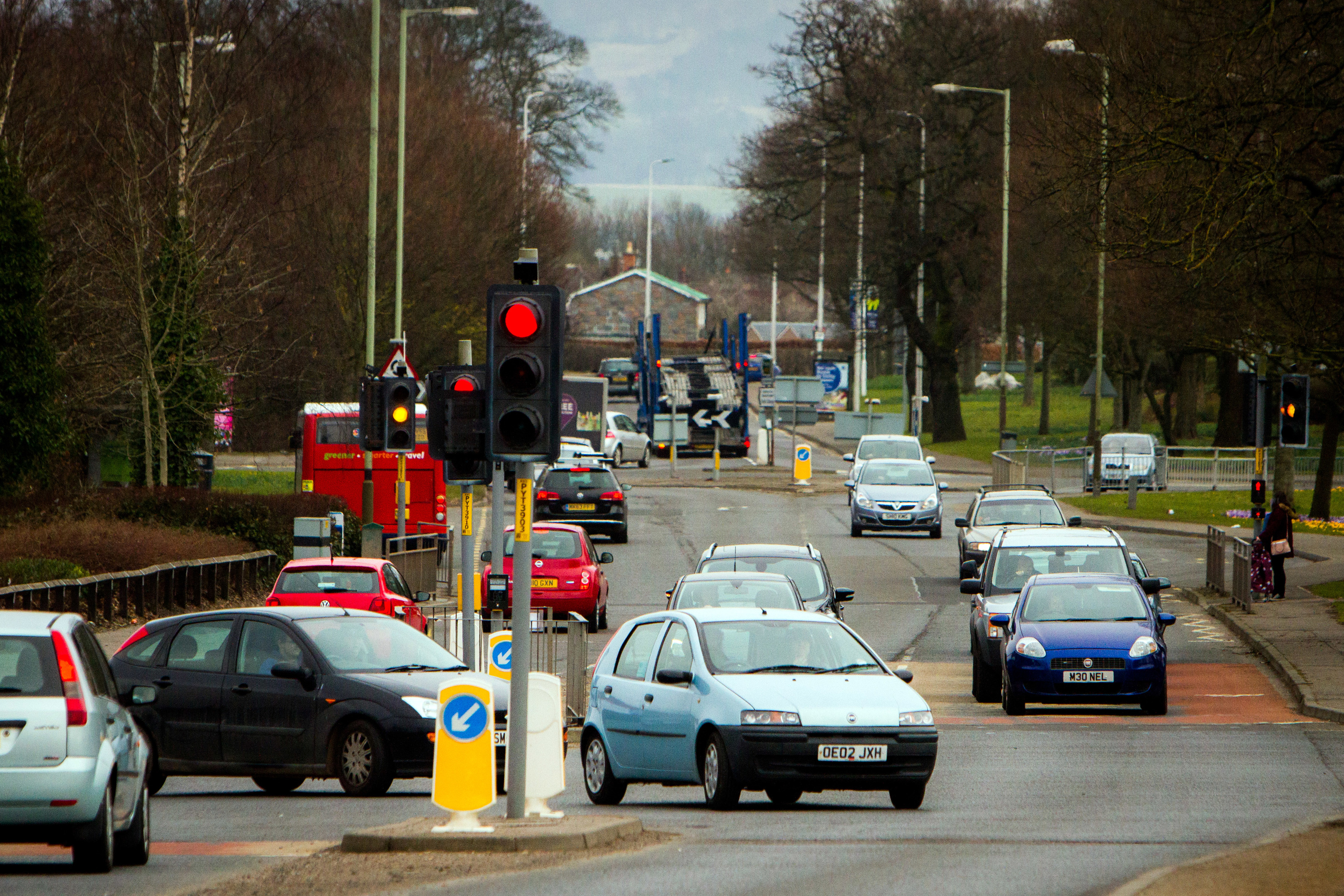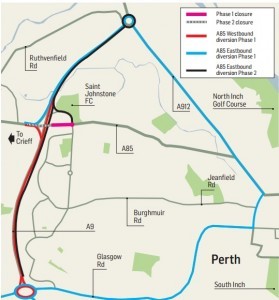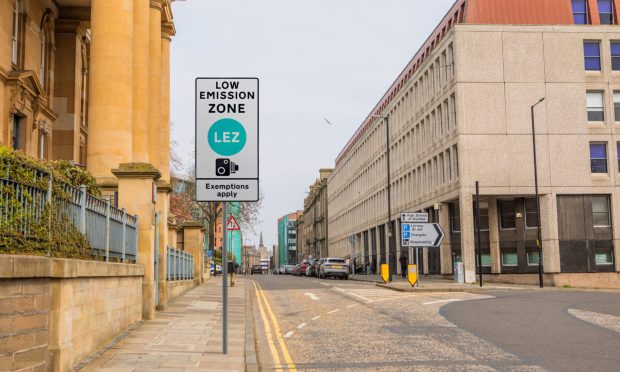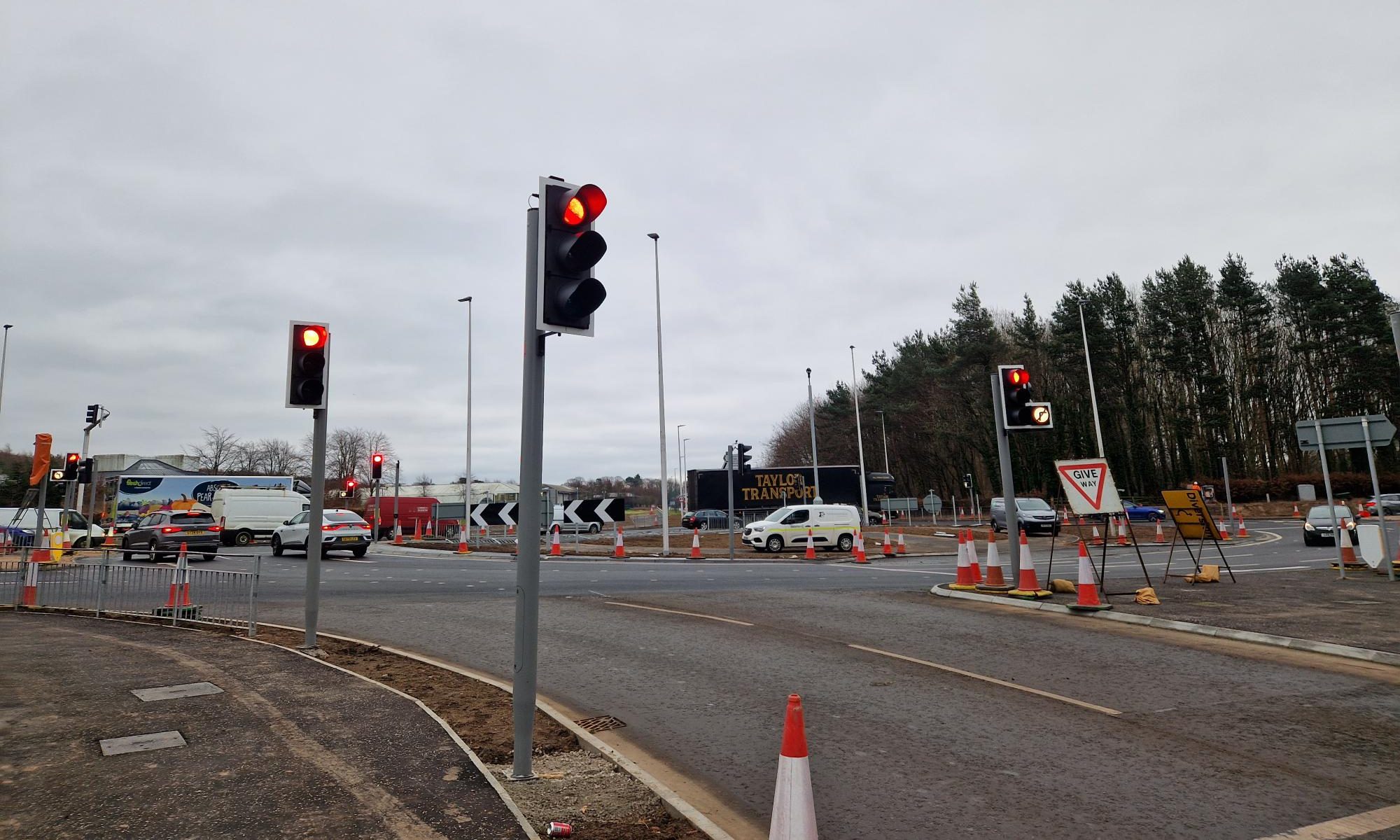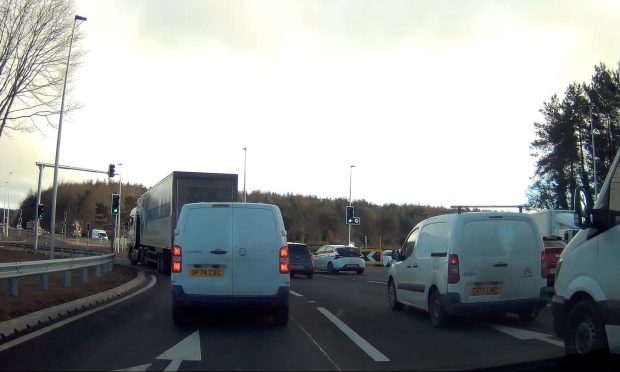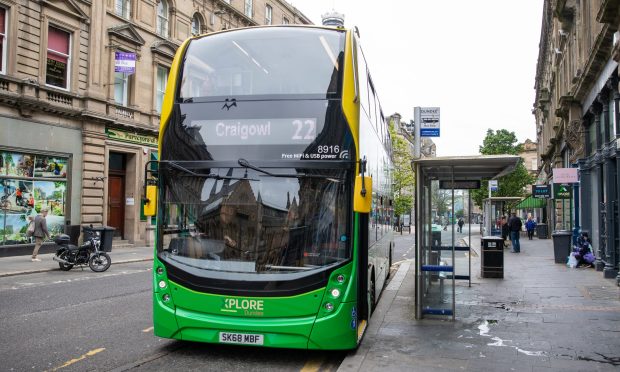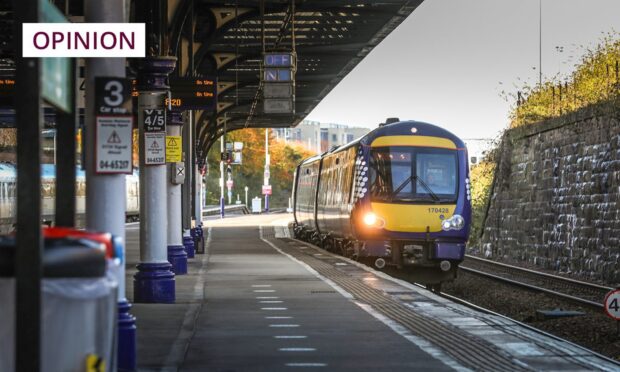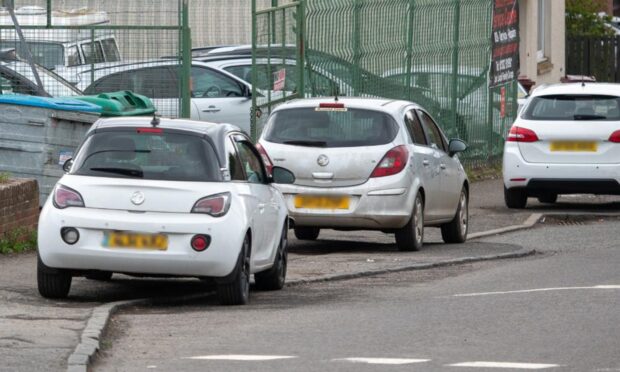Roads authority Bear Scotland has pledged to minimise travel upheaval during major repairs on one of Perth’s busiest commuter routes.
A £440,000 safety upgrade of the A85 Crieff Road got under way on Sunday night.
Although the resurfacing work will be carried out from dusk until dawn, roads chiefs have warned there could still be disruption with drivers forced to take extensive detours around the city.
During later stages of the 10-day programme, traffic from Perth to Crieff will be redirected through Auchterarder.
The project focusses on just a small stretch of road between the Newhouse roundabout and the Huntingtower junction – only 1,000 yards – and is being split into three stages.
Work on the Tesco junction to A9/A85 interchange is scheduled to begin on Wednesday from 8pm, while the final phase is due to begin on Sunday. Bear Scotland has agreed not to work on the busier Friday and Saturday nights.
Engineers will be on site thought the night until about 6am.
In the coming weeks, a new toucan pedestrian crossing and traffic signals will be installed at the stretch. Bear Scotland said the lights will have better vehicle detection and will enhance safety for pedestrians and cyclists.
Eddie Ross, Bear’s north-west representative, said: “The improvements will greatly enhance motorist, pedestrian and cyclist safety on this section of the A85 as well as helping to improve traffic flow in the area.
“We’ve taken on board the comments from stakeholders during our consultation process for the scheme and will continue to take any further feedback into consideration.”
He added: “By carrying out the works at night time, avoiding working at weekends and making provisions for the number 15 bus during the closure periods we hope to minimise disruption during the project, however we will continue to do all we can to complete the works as quickly and safely as possible.
“We will keep road users informed of the progress of the works by providing regular updates on our website and Twitter feeds throughout the period.”
Councillor Willie Wilson said the work was necessary, but raised concerns that vehicles may use residential areas to get round the diversions.
